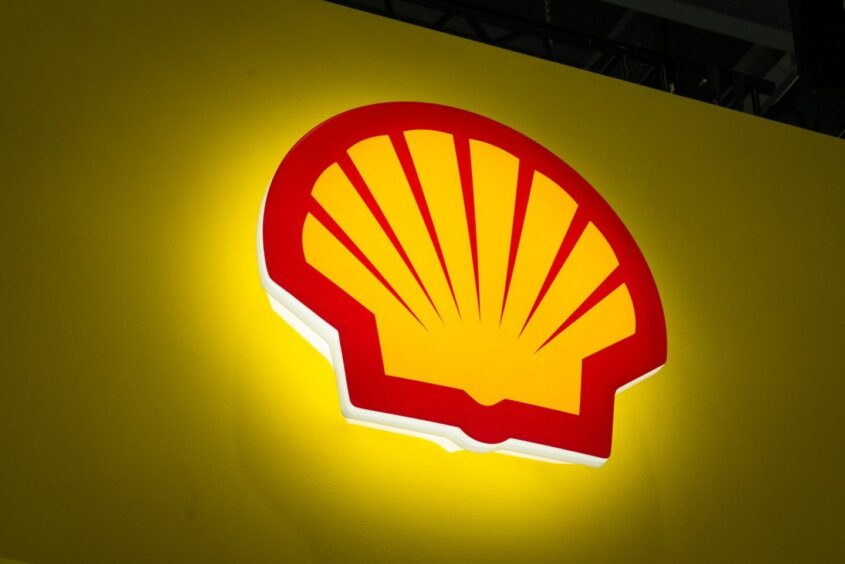
Shell will face claims for environmental damage in Nigeria, following a High Court ruling.
A statement from Leigh Day, representing the Bille and Ogale communities, described Shell as offering “no remedy or compensation and left the communities chronically polluted”.
Leigh Day said the case would now move to trial in London. The High Court will hold a hearing on December 12 and 13 to determine how the trial plays out.
The case refers to pollution in these two areas in the Niger Delta. The claimants allege Shell failed to prevent or clean up contamination. As such, they are asking for compensation.
The case raised new points from the Nigerian constitution. The trial will test these.
Specific causes
Shell, meanwhile, claims oil theft and illegal refining have driven leaks.
The major claimed the case as a strong result. It said Justice May found the Ogale and Bille claims had failed to identify specific spills.
For Shell or its local Shell Petroleum Development Co. (SPDC) to be held liable, “the court must be satisfied that there were no other significant causes which contributed to the claimants’ alleged losses such as spills by other operators or pollution as a result of illegal refining or sabotage”, the spokesperson said.
“We strongly believe in the merits of our case. Oil is being stolen on an industrial scale in the Niger Delta. This criminality is a major source of pollution and is the cause of the majority of spills in the Bille and Ogale claims,” said a Shell representative.
Leigh Day’s Matthew Renshaw described the ruling as a “significant moment” in the eight-year process. He accused Shell of using technicalities to obstruct progress.
“Under Nigerian constitutional law, Shell would no longer be able to argue it has no responsibility for the pollution because it took place more than five years ago,” Renshaw said. “We now hope to move without further delay towards a trial where our clients’ claims for a full clean-up and compensation for the destruction of their way of life can be fully heard.”
Real problems
SPDC has said it cleans up and remediates areas harmed by spills “irrespective of cause”.
“We believe litigation does little to address the real problem in the Niger Delta: oil spills due to theft, illegal refining and sabotage, with which SPDC is constantly faced and which cause the most environmental damage.”
The judge’s ruling highlighted a need to bring in more expertise around Nigerian law. In one instance, she noted that lawyers for the two sides had drawn opposite conclusions from the same point.
The judge noted that Shell’s objections around pinpointing oil spills were serious. She said it was “apparent that as regards the vast majority of claimants the essential element of causation is at best sketchy and at worst missing altogether”.
Updated on November 24 to clarify Shell’s response.
